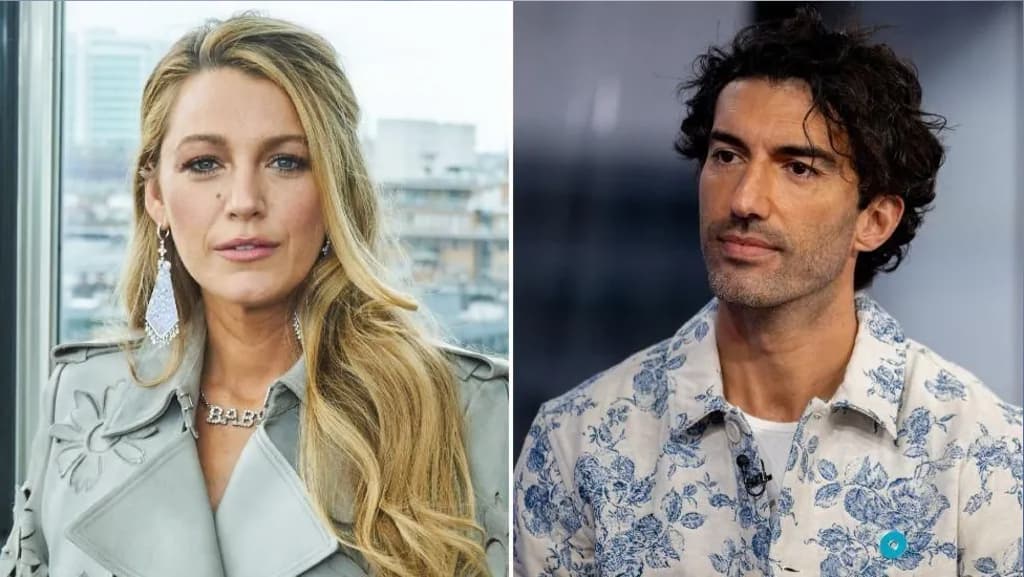
Judge Dismisses Justin Baldoni’s $400M Defamation Case Against Blake Lively
Court rules Lively’s statements to regulators are legally protected, dismissing Baldoni’s $400M defamation lawsuit under California’s anti-SLAPP statute.
A U.S. federal court has dismissed a high-profile $400 million defamation lawsuit filed by actor and filmmaker Justin Baldoni against actress Blake Lively, ruling that her statements to California regulators regarding Baldoni’s alleged misconduct are legally protected under California law.
The ruling, issued by Judge Miriam Vogel of the United States District Court for the Central District of California, determined that Lively’s communications fell squarely within the ambit of protected activity under California’s anti-SLAPP (Strategic Lawsuit Against Public Participation) statute. This statute is designed to safeguard individuals from retaliatory lawsuits that aim to chill free speech, especially speech made in connection with official proceedings or matters of public interest.
For more information about the case background, read our article here.
The Court's Reasoning
In her decision, Judge Vogel emphasised that Lively’s statements were made in the context of a government investigation and were therefore shielded under the litigation privilege, codified in California Civil Code Section 47(b). The privilege protects communications made as part of “judicial or quasi-judicial proceedings,” including regulatory investigations.
Furthermore, the court found Baldoni’s claims failed to overcome the burden required under California’s anti-SLAPP law, which mandates that plaintiffs must demonstrate a probability of prevailing on the merits in cases implicating constitutionally protected speech. The judge ruled that Baldoni did not meet this threshold.
“The First Amendment and California law make clear that individuals must be free to report potential misconduct to regulators without fear of crushing liability,” Judge Vogel wrote in her opinion.
Lively’s Legal Team Reacts
Lively’s attorneys welcomed the ruling, stating that the decision reinforces protections for whistleblowers and those who participate in regulatory oversight. In a press release, her counsel noted, “This decision ensures that those who come forward in good faith to protect the public interest are not silenced by retaliatory litigation.”
Lively has maintained that her statements to regulators were truthful, made in good faith, and submitted under confidentiality protocols. She has not made public comments since the lawsuit’s dismissal.
Baldoni's Legal Options and Potential Appeal
Baldoni’s legal team expressed disappointment, calling the ruling “a setback for those seeking to defend their name against false and harmful allegations.” His attorneys indicated that they are considering an appeal, potentially challenging the broad scope of litigation privilege applied in regulatory contexts.
Legal experts note that Baldoni faces an uphill battle if he chooses to appeal, as California courts have consistently upheld strong protections for speech in regulatory and legal settings. A reversal would likely require the appellate court to find either a misapplication of the anti-SLAPP statute or a factual basis to show actual malice or reckless disregard for the truth—a high bar under U.S. defamation law.
Implications for Entertainment Industry Disputes
The case underscores growing tensions in the entertainment industry where allegations of misconduct, even when raised confidentially, can have massive reputational and financial consequences. Yet, this ruling may reinforce legal precedent that encourages individuals to report concerns without fear of litigation.
Legal observers suggest the ruling will likely be cited in future entertainment law cases involving workplace ethics, defamation, and regulatory communications.
Key Takeaways
-
Justin Baldoni’s $400M defamation lawsuit against Blake Lively has been dismissed by a U.S. federal court.
-
Lively’s statements to California regulators were ruled legally protected under California’s anti-SLAPP law and litigation privilege.
-
The court said her comments were made as part of a government investigation, so she cannot be sued for them.
-
Baldoni accused Lively of lying to regulators about misconduct, which he claims hurt his film career.
-
The judge found no strong evidence to support Baldoni’s claim that Lively acted with malice or lied.
-
Lively’s team says this is a win for people who speak up about workplace issues.
-
Baldoni’s lawyers may appeal, but legal experts say it will be difficult to win.
For any enquiries or information, contact info@thelawreporters.com or call us on +971 52 644 3004. Follow The Law Reporters on WhatsApp Channels